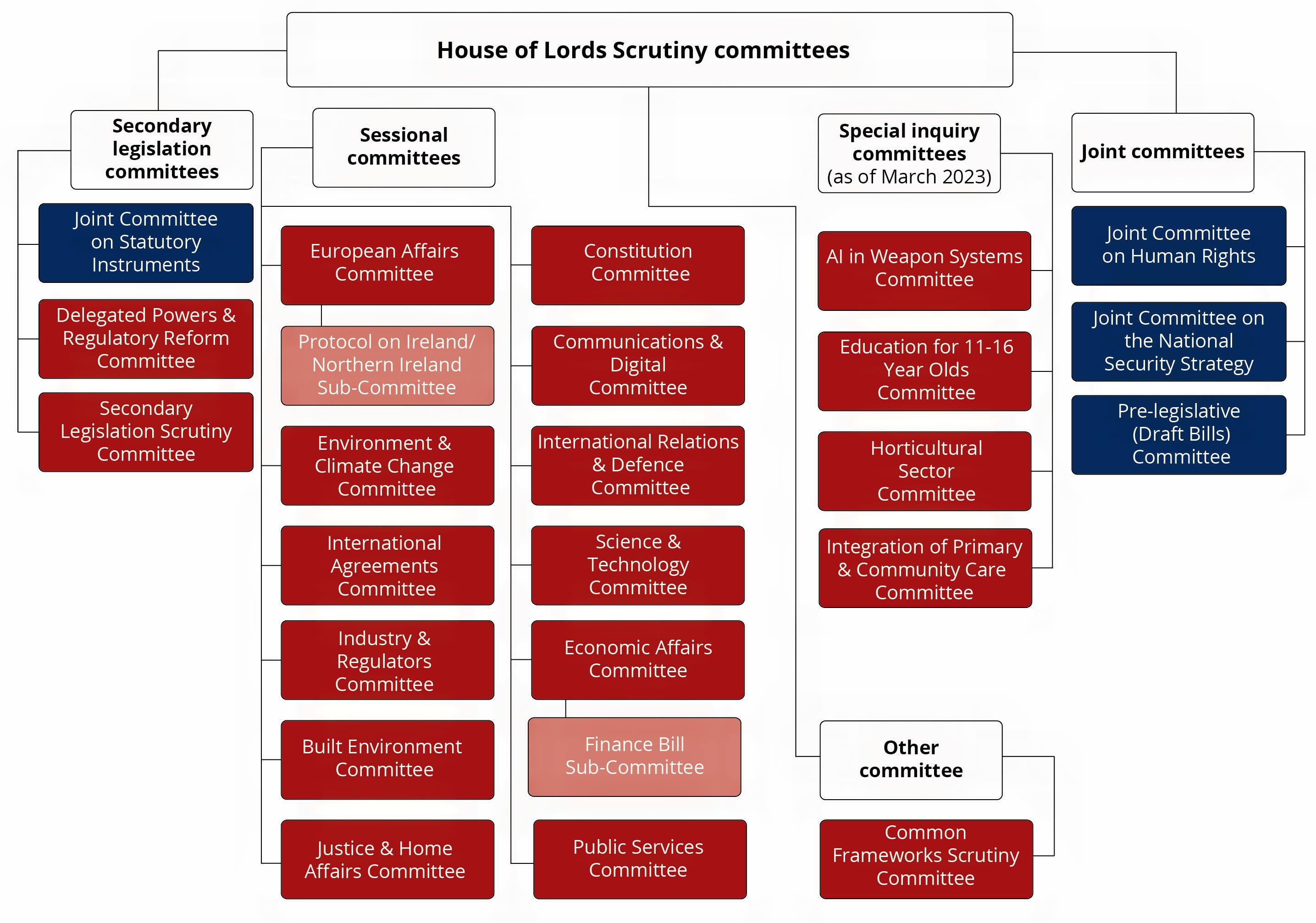What did Lords Committees do in 2022-23?
Review of House of Lords investigative and scrutiny committee activity in 2022-23
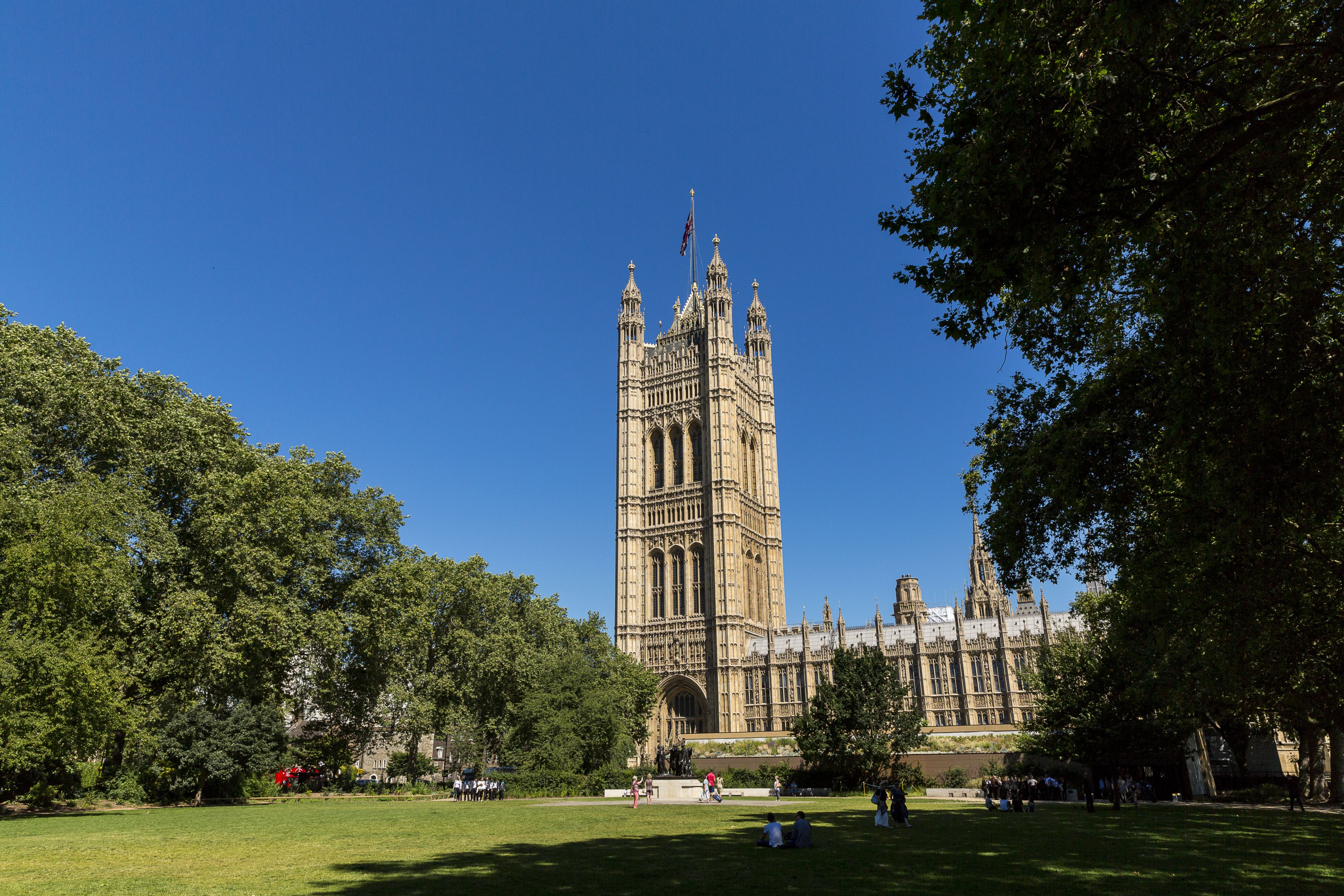
Background
House of Lords Committees play a vital role in examining and helping to develop public policy; scrutinising and improving legislation; holding to account the government of the day; helping to promote public debate on major issues and engaging with the public and civil society.
Each year we publish an overview of the work carried out by Lords investigative and scrutiny committees in the past year.
This year's review found that committees had:
- held 586 committee meetings
- heard from 959 witnesses
- received 1829 written submissions; and
- published 70 reports.
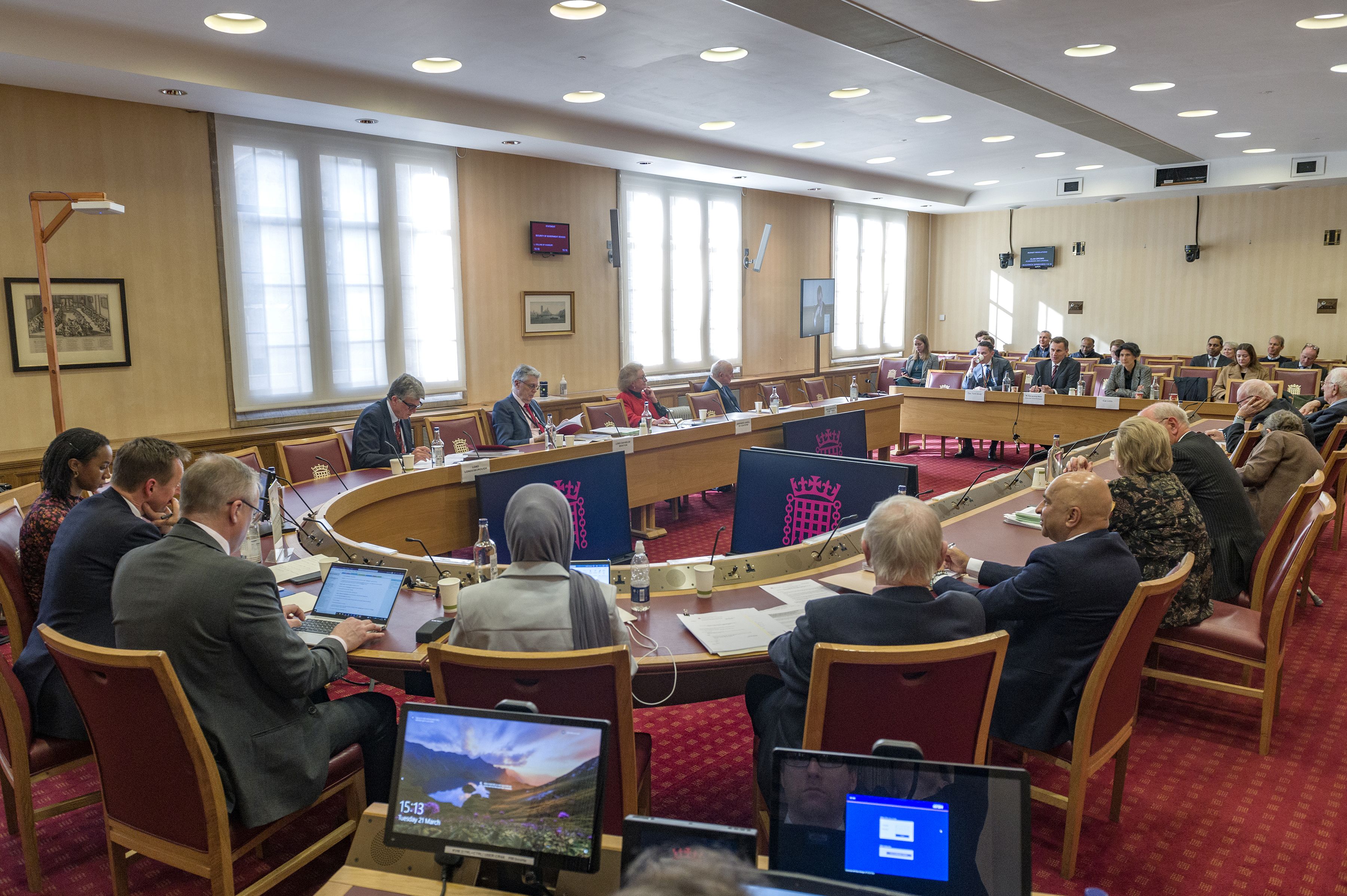
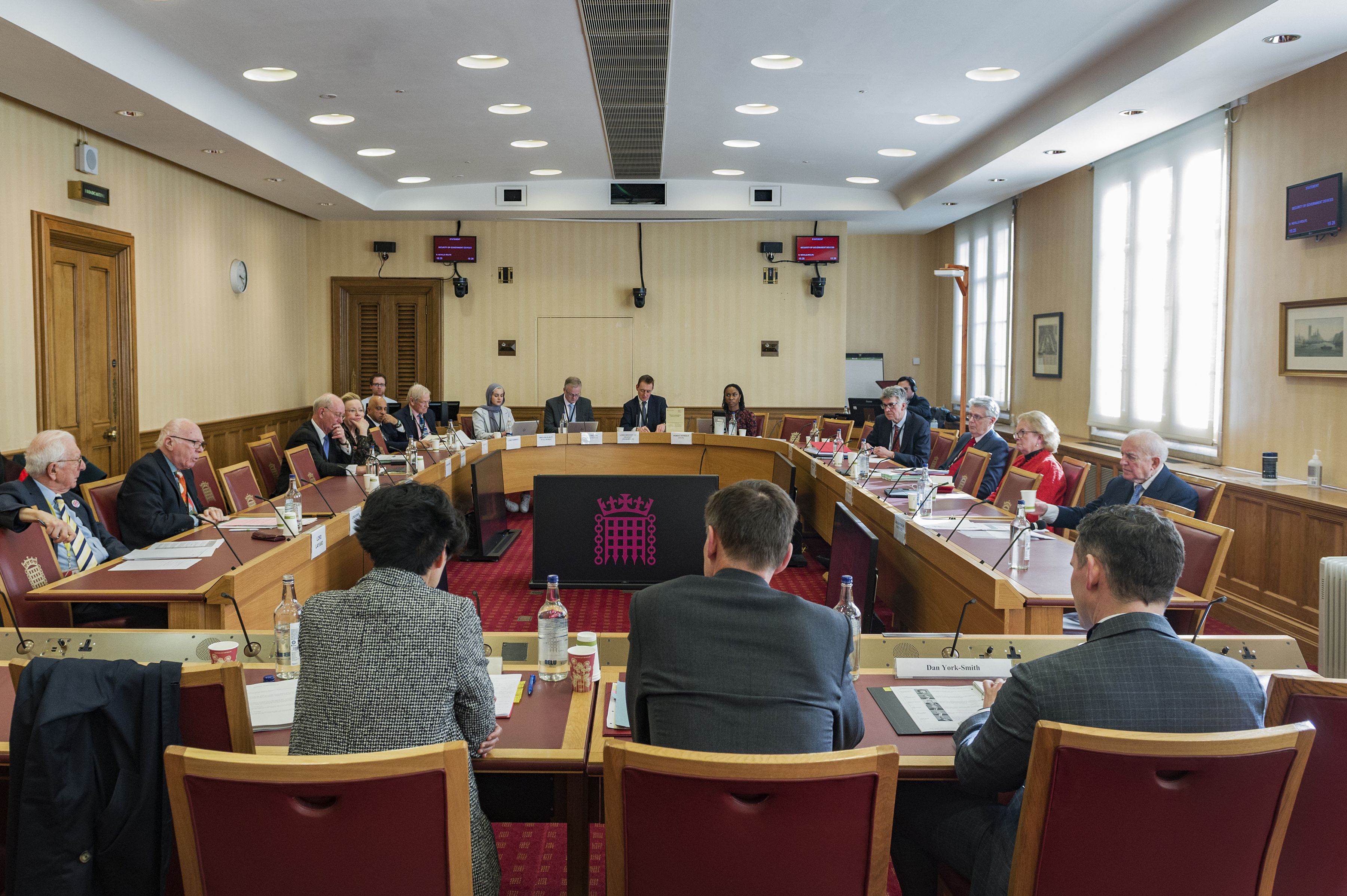
Committees structure
Following a review conducted during 2019 and 2020, the House’s current committee structure is as follows:
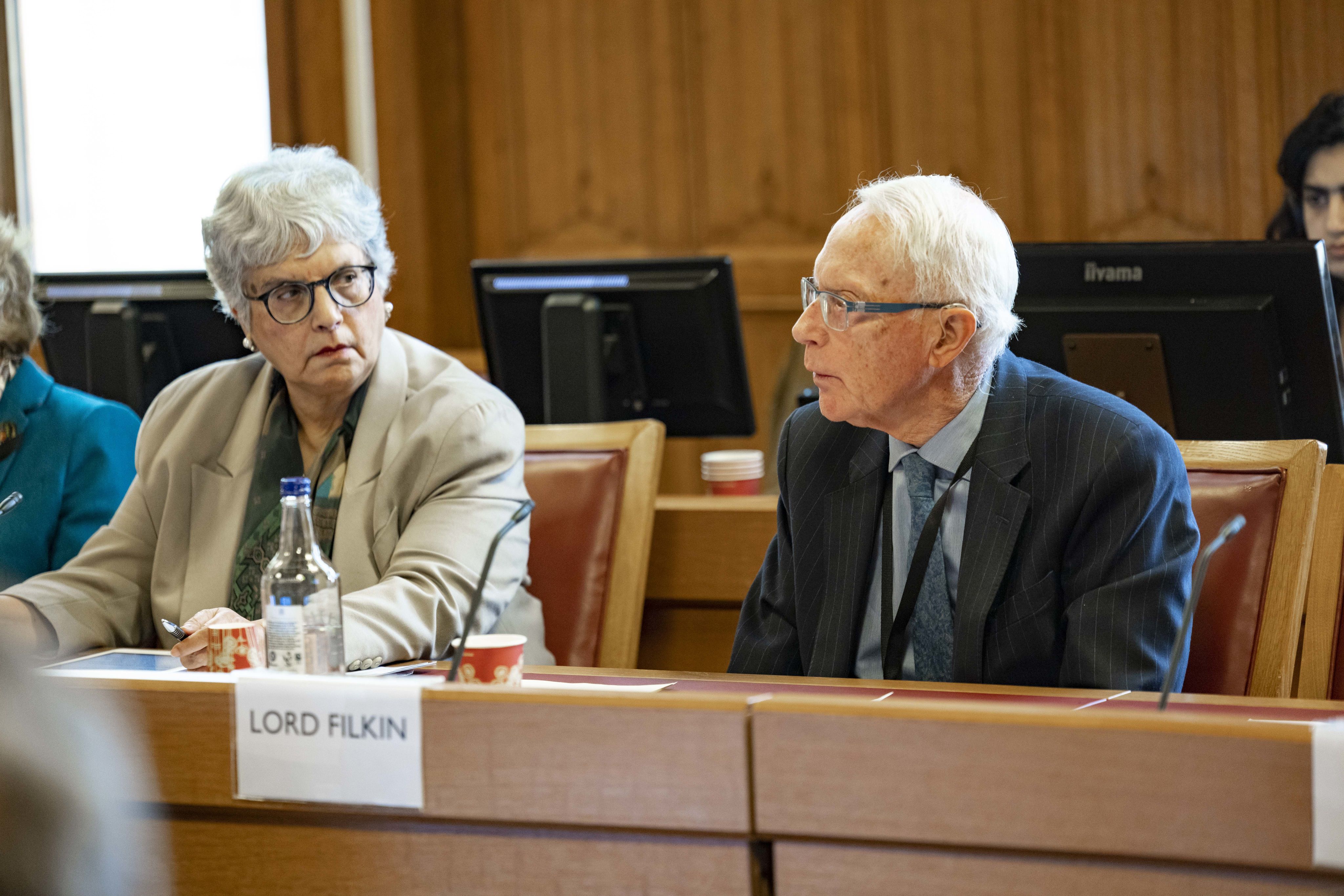

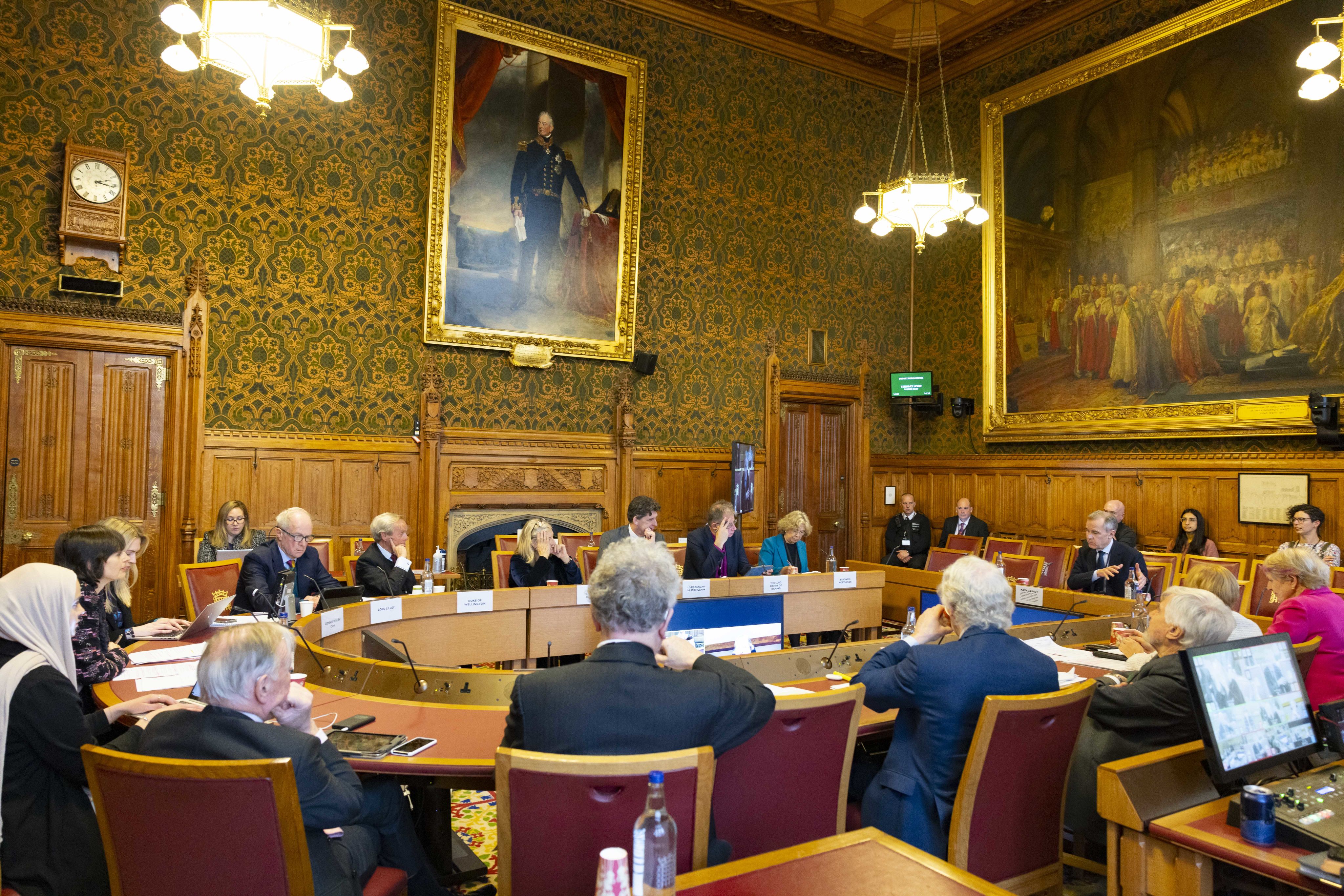
Sessional committees
House of Lords sessional committees are permanent committees with broad remits. They examine a wide range of policies and proposed laws. Sessional committee inquiries included:
- The future of the creative industries : The Communications and Digital Committee recommendations to include the creative industries in the Government’s priority growth areas, make tax reliefs internationally competitive and change plans to overhaul the text and data mining regime were implemented by the Government in the 2023 Spring Budget.
- The Public Order Bill: An amendment broadly reflecting the Constitution Committee recommendation on the meaning of ‘serious disruption’ was eventually accepted by both Houses.
- The causes of the reduction in the size of the UK labour force: The Economic Affairs Committee recommendations resulted in the Office for Budget Responsibility making changes to how it presents data to reflect the effect of labour supply changes and revising its forecast on specific health-related spending.
- Boiler Upgrade Scheme: Shortly after the Environment and Climate Change Committee made representations to the Government, they extended the Scheme by three years.
- The regulation of commercial insurance and reinsurance: Many of the recommendations made by the Industry and Regulators Committee were welcomed by the Government.
- Access to emergency services: The Public Services Committee’s recommendations for a higher number of clinicians to be available on the NHS 111 service and for the monthly publication of a key figure on emergency department 12-hour waiting times were both included in the Government’s Delivery plan for recovering urgent and emergency care services.
- The relationship between Parliament and Government and the use of secondary legislation: the Delegated Powers and Regulatory Reform Committee and the Secondary Legislation Scrutiny Committee reports on this topic garnered a significant response and resulted in a well-attended joint debate in the House of Lords in January 2023, highlighting the need for effective Parliamentary oversight of legislation.
Several committees also have an international lens including the work of the International Agreements Committee scrutinising free trade agreements and the International Relations and Defence Committee’s recent inquiry into the Government’s defence policy.
Sessional committees also carry out one-off sessions on key areas of interest such as the Environment and Climate Change Committee session with the former Governor of the Bank of England to consider greening the financial sector.
They also conduct follow-up work on previous inquiries, with the Justice and Home Affairs Committee following up on its inquiry on new technologies in the justice system. In response the Home Office tasked the Biometrics and Forensics Ethics Group to engage with the Committee’s recommendations.
Sessional committees also often hold annual evidence sessions to hold key stakeholders to account, for example the Economic Affairs Committee’s annual sessions with the Governor of the Bank of England and the Chancellor of the Exchequer.
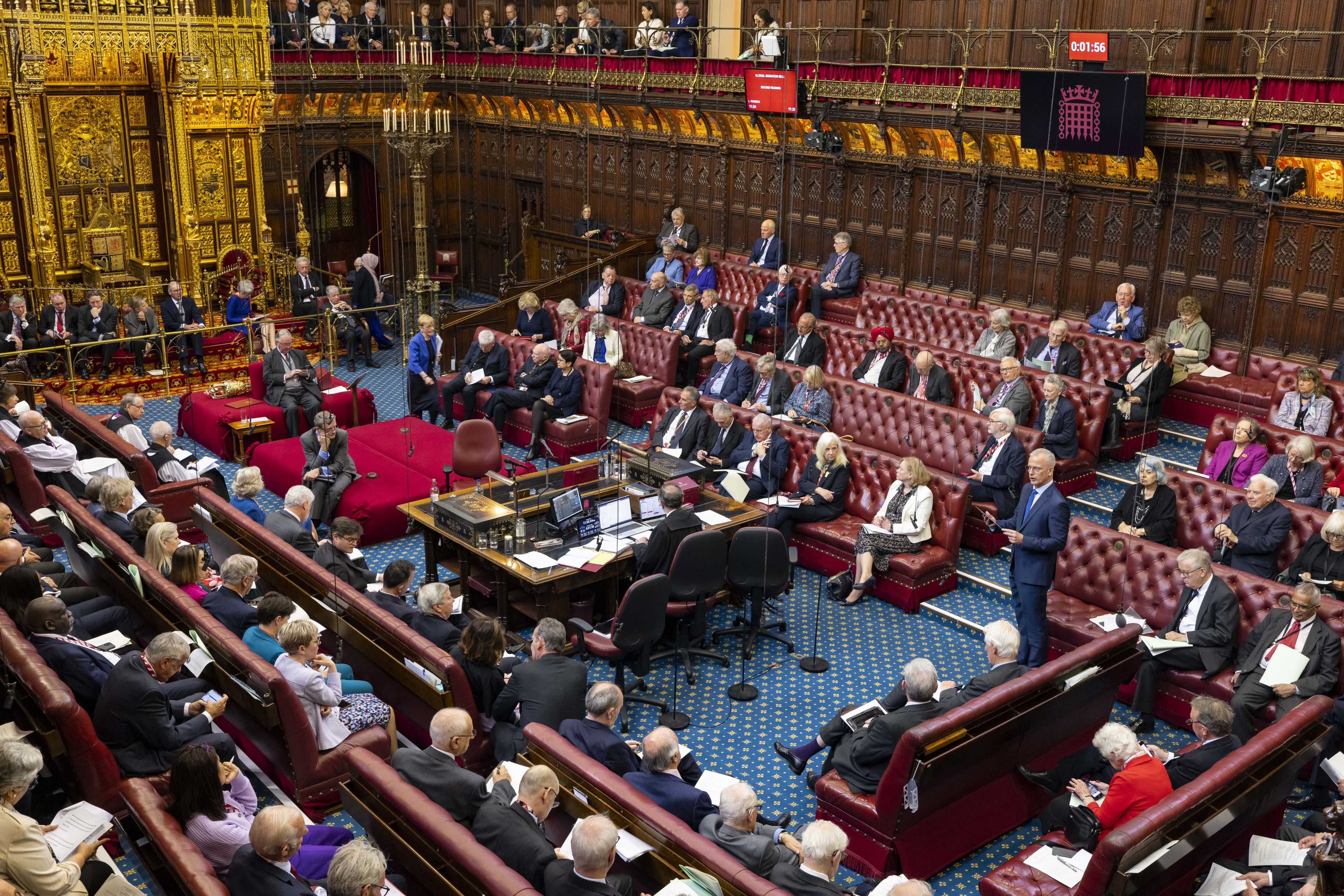

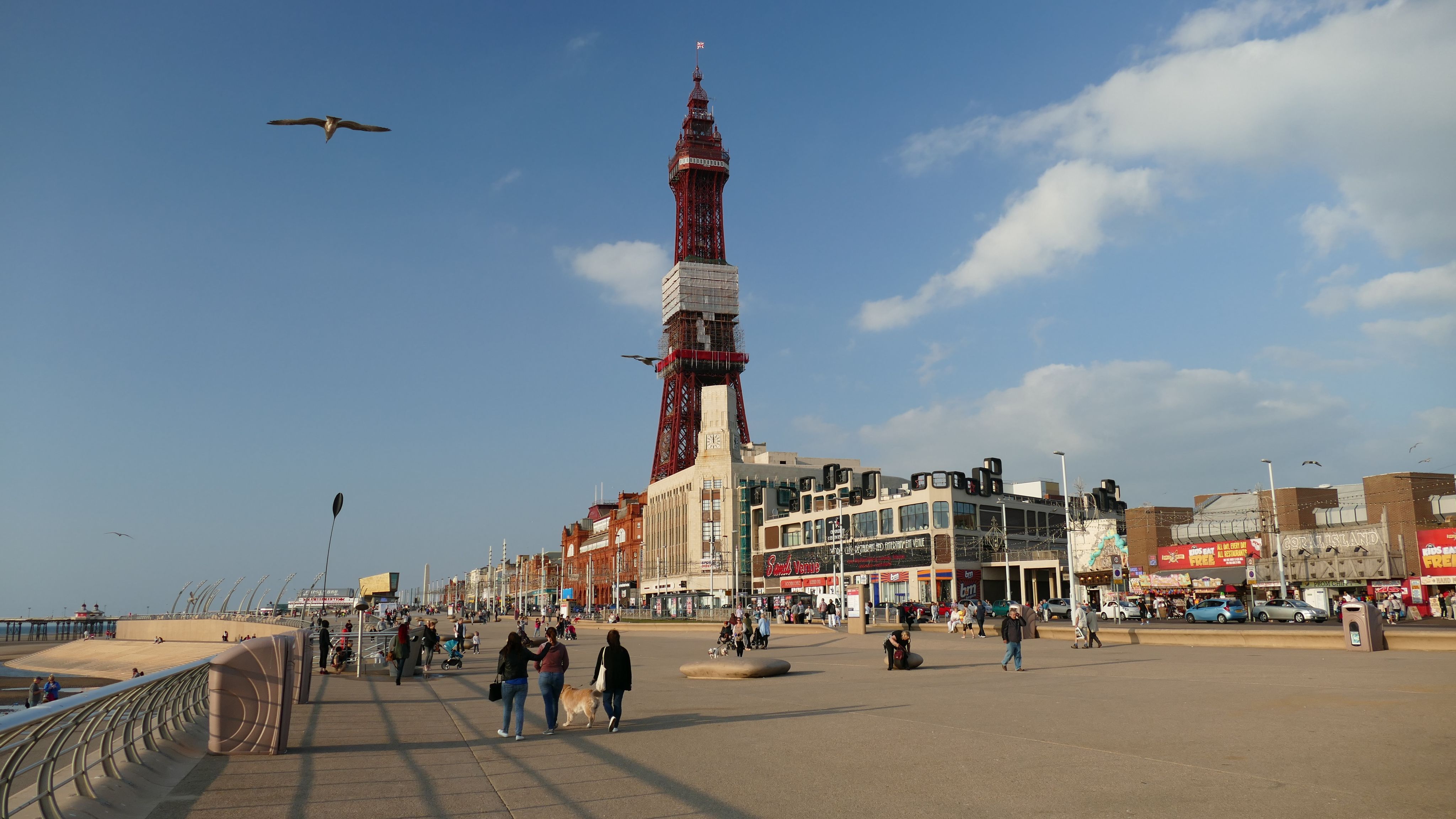
Non-sessional committees
The House of Lords also appoints committees with specific remits. This includes pre-legislative scrutiny joint committees, with a recent committee on the Draft Mental Health Bill. The Joint Committee made recommendations to amend the Bill to create a statutory Mental Health Commissioner and strengthening the draft Bill’s ability to tackle racial disparity.
Special inquiry committees proposed by Members of the House are also appointed to fulfil a particular remit. This year special inquiry committees completed their work on Adult Social Care, the Children and Families Act 2014, Fraud Act 2006 and Digital Fraud and Land Use in England. All the inquiries received largely positive responses from Government, with the Fraud Act 2006 and Digital Fraud Committee recommendations informing the Government’s Fraud Strategy.
The current special inquiry committees are focusing on:
- AI in Weapon Systems
- Education for 11–16 Year Olds
- Horticultural Sector
- Integration of Primary and Community Care
Special inquiry committees cease on report publication and as a result the Liaison Committee carries out follow-up work. This year the Liaison Committee concluded follow-up on the Licensing Act 2003 Committee and commenced follow-up on the Regenerating Seaside Towns and Communities Committee.
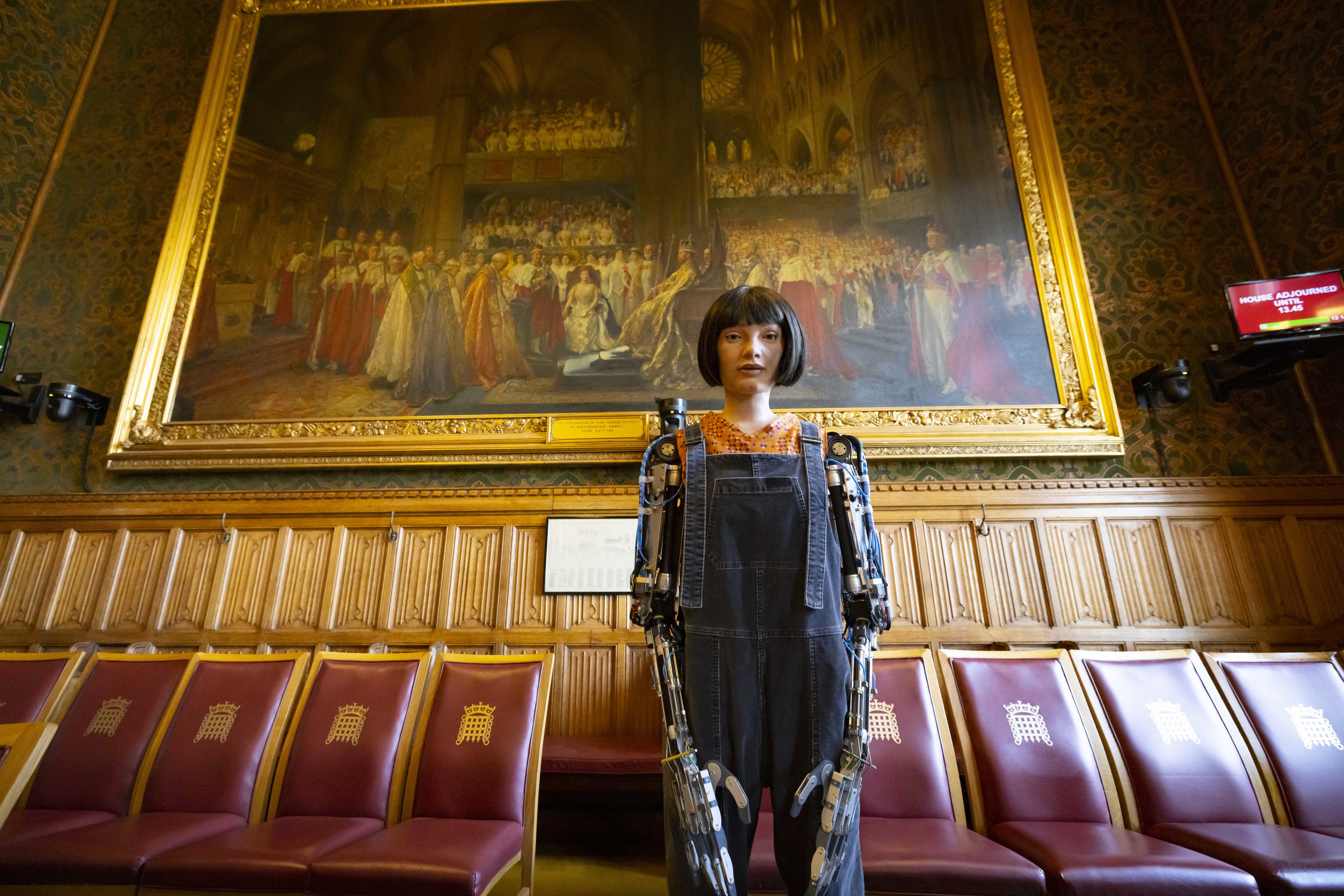
Innovations
Committees continue to use innovative ways to gather evidence and participate in debates on key topics. This year the Communications and Digital Committee invited the first artificial intelligence robot artist,
Ai-Da, to provide evidence.
The Environment and Climate Change Committee has started a new process of holding one-off evidence sessions with new Secretaries of State to discuss their priorities in the role. The Committee is also relaunching its youth engagement programme, which enables schools from across the UK to participate in the Committee’s work.
Committees also continue to carry out visits to hear from experts and those with lived experience both across the UK and around the world. With visits including:
- the Fraud Act 2006 and Digital Fraud Committee visit to Birmingham to hear from fraud victims;
- the Land Use in England Committee visit to Worcestershire and Gloucestershire to see innovative approaches to land use;
- the European Affairs Committee visits to Brussels, Berlin, the Welsh Senedd and the Scottish Parliament;
- the Ireland/Northern Ireland Protocol Sub-Committee visit to Newry and Belfast; and
- the International Relations and Defence Committee visit to Bahrain and Qatar.
